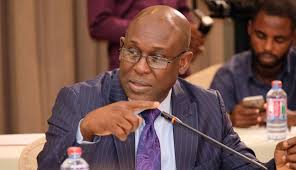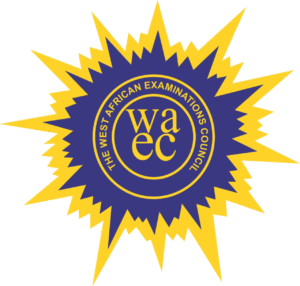Bentil Defends GTEC as Key to Addressing Academic Title Abuse

The Ghana Tertiary Education Commission (GTEC) has recently found itself at the center of national conversation as it steps up efforts to tackle the widespread misuse of academic titles in Ghana. While its approach has attracted criticism in some quarters, several respected legal professionals and public commentators have come to the Commission’s defense, stressing the importance of restoring credibility to Ghana’s academic landscape.
One of the most vocal supporters is lawyer and governance expert Mr. Kofi Bentil, who described the situation as a growing crisis that needed urgent action. Taking to social media, he commended GTEC for intervening in what he referred to as an alarming trend of individuals flaunting academic qualifications they have not rightfully earned.
“The obsession with fake degrees and unearned titles is shameful and reflects poorly on us as a nation,” Mr. Bentil stated in a Facebook post. “GTEC’s actions may not please everyone, but they are absolutely necessary. It’s better to err on the side of integrity. If nothing is done, this academic charade will only get worse.”
His comments come as GTEC continues a high-profile campaign to identify and call out individuals, including senior government officials, who have allegedly adopted academic titles such as “Dr.” or “Professor” without proper academic backing. The Commission’s actions have sparked fierce debate, particularly after it publicly questioned the credentials of Deputy Minister of Health, Dr. Grace Ayensu-Danquah, for using the title “Professor.”
Her legal representatives have strongly pushed back, criticizing GTEC’s communication style as overly aggressive. In a formal response, her lawyers described the Commission’s recent letter — which was addressed to the Chief of Staff instead of Dr. Ayensu-Danquah herself — as “procedurally irregular” and a move that unnecessarily politicized the matter. They maintained that the issue is an academic disagreement, not a political one, and should be handled with more decorum.
Meanwhile, another legal practitioner, Mr. Austin Kwabena Brako-Powers, has defended GTEC’s legal standing, emphasizing that the Commission is operating fully within its mandate as set out in the Education Regulatory Bodies Act, 2020 (Act 1023). According to him, the Commission has both the authority and responsibility to regulate how academic and honorary titles are used within Ghana.
“Some of the backlash GTEC is facing comes from the fact that high-profile individuals are being named. But that’s exactly why the Commission’s actions are commendable — they are not afraid to hold everyone to the same standard,” he stated.
Brako-Powers dismissed claims that GTEC needs a formal petition to investigate or act on suspected misuse of titles. Referencing Section 8(4)(d) of the governing law, he pointed out that GTEC has the express power to monitor and regulate the use of such titles without requiring external prompting.
His comments were partly in response to civil society advocate Oliver Barker-Vormawor, who questioned GTEC’s authority to independently verify or dispute academic titles, especially those granted by international institutions. Barker-Vormawor argued that the Commission risks overstepping its jurisdiction without a more structured legal process.
Nonetheless, Mr. Brako-Powers insisted that the fight to restore academic credibility must take precedence. While he acknowledged that GTEC could improve its procedures to ensure greater transparency and public confidence, he maintained that the Commission is ultimately acting in the nation’s best interest.
“The overuse and abuse of academic titles in Ghana has become normalized to the point of absurdity. GTEC is stepping in at a crucial time,” he said. “We must support their efforts, even as we encourage them to maintain professionalism and fairness.”
As debate continues, many agree on one point: the integrity of Ghana’s academic and professional spaces must be protected — and GTEC has a critical role to play in making that happen.





